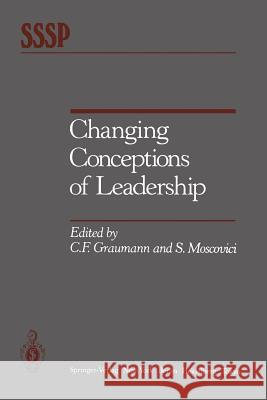Changing Conceptions of Leadership » książka
topmenu
Changing Conceptions of Leadership
ISBN-13: 9781461293422 / Angielski / Miękka / 2011 / 262 str.
Kategorie:
Kategorie BISAC:
Wydawca:
Springer
Seria wydawnicza:
Język:
Angielski
ISBN-13:
9781461293422
Rok wydania:
2011
Wydanie:
Softcover Repri
Numer serii:
000022126
Ilość stron:
262
Waga:
0.40 kg
Wymiary:
23.39 x 15.6 x 1.5
Oprawa:
Miękka
Wolumenów:
01











